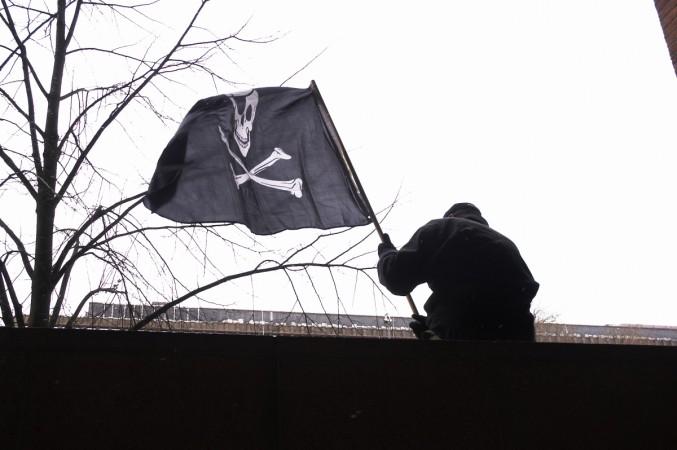At its ongoing Monsoon Session, the Parliament listed The Anti-Maritime Piracy Bill, 2019 with Minister of External Affairs S Jaishankar moving the bill in Lok Sabha on Friday. The Bill makes special provisions for repression for piracy on high seas & to provide for punishment for the offence of piracy & for matters connected therewith.
![[Representational image] Allure of the Seas](https://data1.ibtimes.co.in/en/full/636992/allure-seas.jpg?h=450&l=55&t=60)
What the Bill aims at?
By giving Indian authorities the powers to take action against piracy in the high seas, the Bill aims to improve the security of Indian maritime trade and safety of its crew members. As per the information on the Bill available on the Lob Sabha website, the GoI's goal in creating the proposed legislation is to retain India's commitment to the United Nations Convention on the Law of the Sea (UNCLOS). Many Indians on the high seas continue to be victims of piracy, despite which IPC continues to be the only legal course available to persecute pirates caught by the Indian Navy and Coast Guard.
Once enacted...
The Bill will bring the United Nations Convention on the Law of the Sea (UNCLOS) into domestic law and empower Indian authorities to take action against piracy on the high seas. The Bill covers the sea beyond the Exclusive Economic Zone (EEZ), which is 200 nautical miles off the coast of India.
It defines piracy as, "any criminal act of assault, or destruction by the crew or passengers of a private ship or aircraft benefit against a ship, aircraft, person or property." The definition of piracy also extends to inciting and knowingly facilitating such acts of violence, as well as voluntarily participating in the operation of a pirate ship or aircraft.
Committing piracy will result in either life imprisonment or death, depending on whether the act of piracy causes or attempts to cause death. The bill allows for a sentence of up to 14 years in jail and even life imprisonment.
Piracy not just jeopardizes maritime security and safety of seafarers, navigation and commerce, there are also several other devastating outcomes like loss of human life, hostage like situations, apart from disruption to businesses.
Alarming number of piracy acts
As per the statistics provided by International Maritime Organisation, 84 acts of piracy were registered worldwide between 2018 and 2019. It's nothing like the image of either the act of piracy or the pirates that has been propagated by pop culture through celluloid, folklore and children's books. Historian Rebecca Simon, who researches pirates from the 17th and 18th centuries, bursts a few popular myths via an exhaustive piece in Hakai Magazine.
"What I want to do with my work is bring history to the public and correct the wrong ideas people have about pirates. Many people see them as horrifying criminals. Or revolutionaries—Robin Hoods of the seas. In fact, pirates were quite diverse. Some were definitely brutal murderers, but most were working-class sailors who had been treated badly on European merchant or naval ships and who set off on their own for more freedom," says the article.
If that description conjured up images of lawless human beings operating in complete anarchy, many will be surprised to learn that many pirate ships had rules called articles which provided for compensation in case of a severe injury, prohibited drinking on board, apart from several other stipulations.

The Pirates today
She says that the pirates today want the same things as pirates from hundreds of years ago. The means and methods of operating or even the scale of operations may have changed but not the basic drive behind indulging in such acts, which is they want to get rich and they want those riches fast.
"Whether they're targeting cruise ships or private yachts, they attack with similar tactics of pirates past, which usually means "negotiating" for the most goods they can steal without having to draw weapons. Bloody battles are rare. Pirates want to get in and out quickly."
What makes stopping piracy difficult are a number of factors. From complicated maritime laws to complex international law, making it difficult to adequately arm vessels setting off in high seas. But a start has to be made.








